The Mekong Delta, often referred to as the “Rice Bowl of Vietnam,” stretches across southern Vietnam, embracing the nine branches of the mighty Mekong River. This extensive delta isn’t just the vital lifeline of southern Vietnam; it also ranks among the nation’s most fertile and productive regions. Featuring breathtaking landscapes, a profound cultural legacy, and a dynamic traditional lifestyle, the Mekong Delta promises travelers an authentically immersive and unforgettable journey, and Palm Vietnam Travel will be there to accompany you throughout this adventure.
The Mighty Mekong River
The Mekong River, one of the longest rivers in the world, originates in the mountains of Tibet and flows through six countries, including China, Laos, Thailand, Cambodia, and Vietnam.
The Mekong Delta, the second-largest delta in the world after the Amazon River Delta, is formed by the deposition of the Mekong River’s multiple tributaries and tentacles. This magnificent river system plays a crucial role in nourishing the region’s rice paddies, vegetable plots, and fruit orchards.
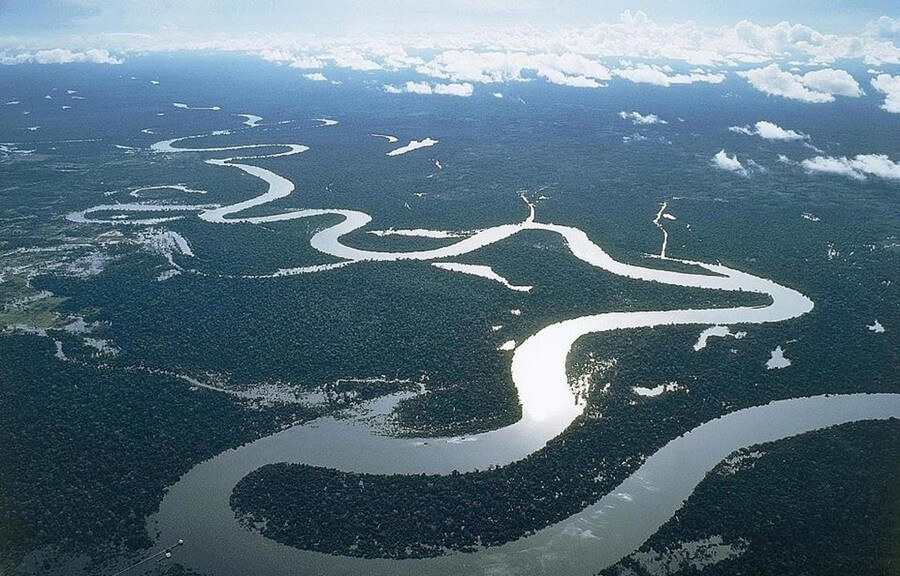
Traditional Vietnamese Rural Life
A trip to the Mekong Delta offers a unique opportunity to witness and experience traditional Vietnamese rural life. The delta’s towns, including Mytho, Caibe & Vinhlong, Cantho, and Chaudoc, revolve around the river, which serves as the central focus of daily life.
Travelers can embark on boat trips through the intricate system of canals and witness the hard work of peasants in their paddy fields, the tranquility of fruit orchards, and the simple thatched-roof dwellings that dot the landscape. The delta is also home to numerous temples, bustling floating markets, and friendly locals eager to share their way of life.
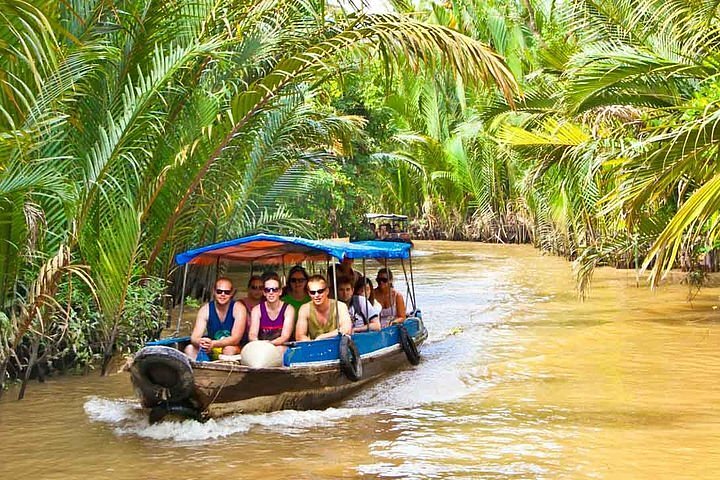
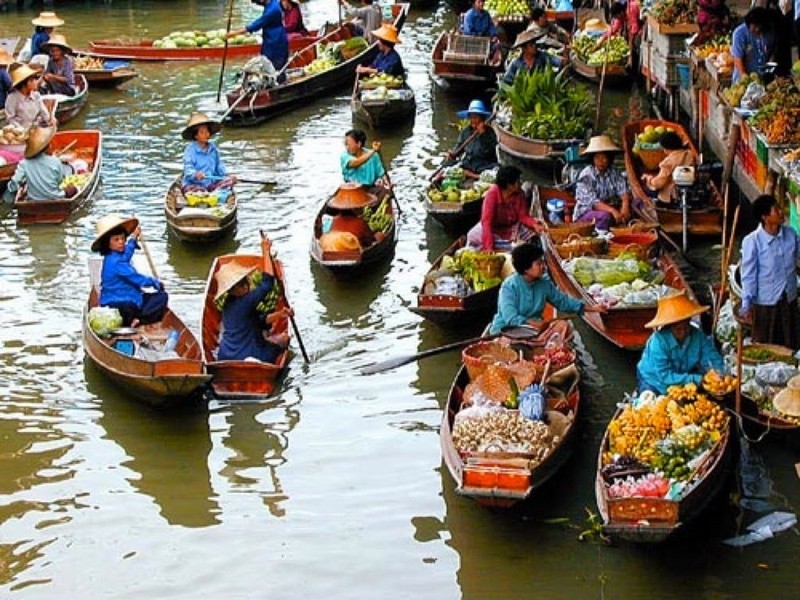
Unforgettable Experiences in the Mekong Delta
The Mekong Delta offers a wide range of experiences for travelers, from exploring the traditional floating markets to discovering the beautiful islands that surround My Tho. Whether you have just one day or several nights to spare, there are options to suit every itinerary.
One-Day Excursions
If you have just one full day, you can choose between visiting Mytho or Caibe. Mytho is a charming town known for its vibrant floating market and picturesque canals, while Caibe offers a glimpse into the daily life of the locals with its bustling riverside market and lush fruit orchards.
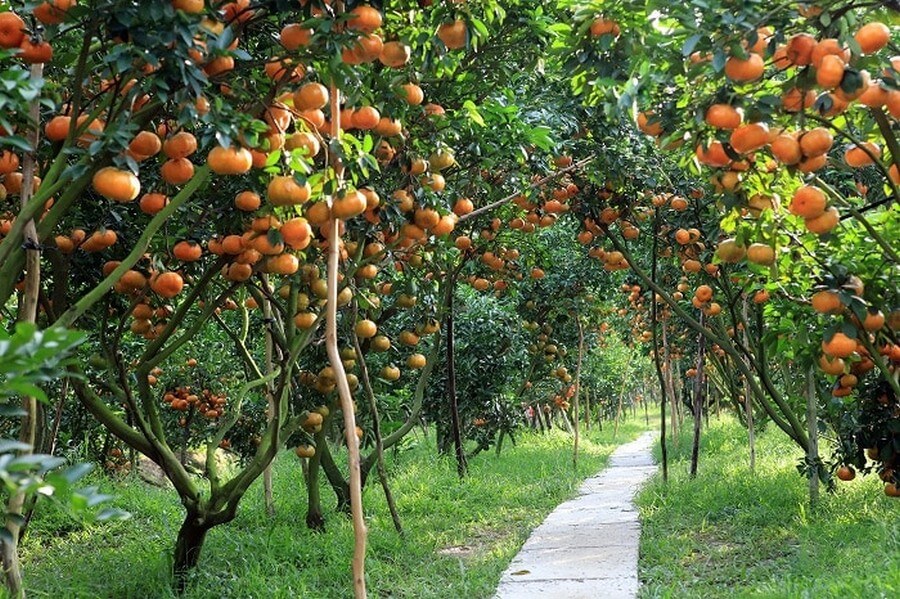
Overnight Stays
For a more immersive experience, consider spending a night in the Mekong Delta. You can opt for a homestay in Vinhlong if you’re feeling adventurous and want to fully immerse yourself in the local culture. Alternatively, you can enjoy the comfort of a deluxe hotel in Cantho, the largest city in the delta, and use it as a base to explore the surrounding areas.
Boat Trip to Cambodia
If you’re looking for a unique adventure, consider embarking on a boat trip from the Mekong Delta to Phnom Penh, the capital city of Cambodia. This multi-day journey allows you to witness the ever-changing landscapes of the Mekong River, visit remote villages, and immerse yourself in the fascinating cultures of both Vietnam and Cambodia. To undertake this expedition, plan for a two-night stay in Cantho and Chaudoc before embarking on the boat journey to Phnom Penh.
The Enchanting Floating Markets
One of the highlights of a visit to the Mekong Delta is experiencing the traditional floating markets. Unlike their tourist-driven counterparts in Thailand, the floating markets in the Mekong Delta have retained their authenticity and remain an integral part of the local economy.
The most famous floating market is Phung Hiep, located at the intersection of seven major canals. It’s a photographer’s paradise, offering a bird’s-eye view from a nearby bridge.
Cai Rang and Phong Dien are two other notable floating markets where local traders gather to sell their produce, including fruits, coconuts, vegetables, and fish. Exploring these markets provides a fascinating glimpse into the vibrant trading culture of the delta.
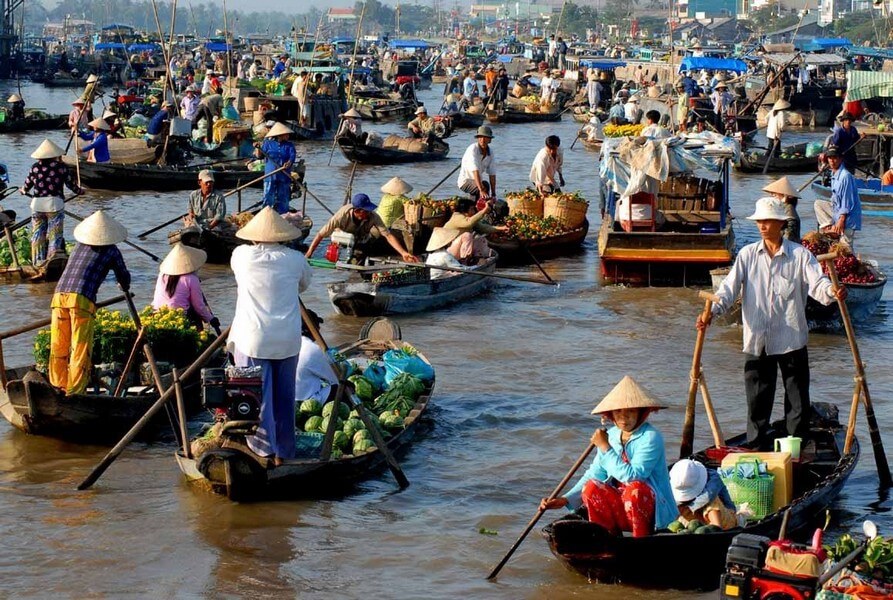
The Bountiful Fruit Orchards
The Mekong Delta is renowned for its fruit orchards, which produce a wide variety of tropical fruits. The region’s fertile soil and favorable climate make it an ideal environment for cultivating fruits such as mangosteen, rambutan, sapodilla, sweet-sop, longan, star fruit, papaya, guava, water apple, crossover, and jackfruit.
The fruits harvested from these orchards not only supply the local markets but are also exported to other parts of Vietnam and even abroad. A visit to the Mekong Delta during the rainy season, from June to September, offers the opportunity to taste an abundance of fresh, juicy fruits.

Conclusion
A visit to the Mekong Delta is a journey into the heart of Vietnam’s agricultural heritage and traditional way of life. From the mighty Mekong River to the vibrant floating markets and bountiful fruit orchards, this region offers a wealth of experiences for travelers seeking to immerse themselves in the beauty and authenticity of Vietnam. Whether you choose to explore the delta’s towns, embark on a boat trip to Cambodia, or simply savor the flavors of its tropical fruits, a tour of the Mekong Delta promises to be an unforgettable adventure.
